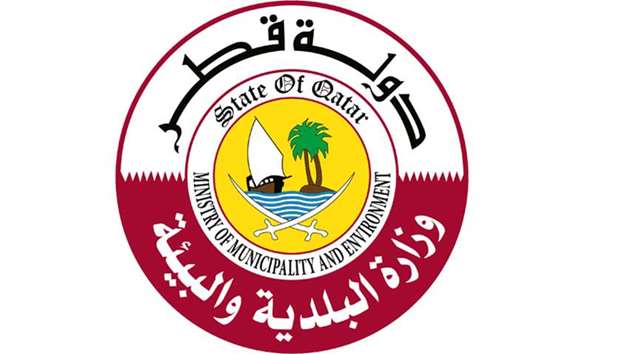Speaking yesterday at a press conference on the sidelines of a training workshop about the project that lasts until November 16, the officials expressed their aspiration to activate and develop co-operation so as to realise agricultural and research benefits from such projects.
They noted that the project will be extremely valuable for bilateral co-operation between the State of Qatar and IAEA.
The ministry’s deputy director of agricultural research department, Hamad al-Shemmari, said the department strives to achieve the ministry’s vision based on Qatar National Vision 2030 to achieve food security in co-operation with relevant regional and international organisations, including IAEA.
He noted that the project and the training course, which is currently taking place as part of implementing the project, constitute a fundamental pillar for the development of research through which the ministry can find a safe way to provide food in Qatar.
Al-Shemmari stressed the importance of the project, in which the ministry’s agricultural research department, in collaboration with IAEA, use atomic energy peacefully and safely in food security through the use of scientific techniques that could lead to a new method to grow plants faster.
The agreement is valid for three years and he hoped for tangible and clear preliminary results, having a positive impact on the environment as well as wild and edible plants in Qatar.
Al-Shemmari said that the research project is the only one implemented so far by the ministry in co-operation with IAEA, adding that the department is seeking co-operation in this context with other international organisations such as the United Nations Food and Agriculture Organisation (FAO), in addition to effective co-operation with a number of regional organisations.
Aisha Dasmal al-Kuwari, head of the genetic resources division at the ministry’s agricultural research department, reaffirmed the importance of the ministry’s efforts to achieve a set of goals, including food security, agricultural research and environment protection through comprehensive and sustainable development for the benefit of future generations and in line with the state’s national vision.
Stemming from its responsibility towards the environment and in order to achieve its vision and goals, al-Kuwari said the ministry adopts several projects, agricultural and environment programmes to protect Qatar’s environment as well as develop and sustain its genetic resources, which are considered a wealth for future generations.
She added that the ministry also aims through its projects to achieve food security, prepare draft laws, find appropriate solutions to environment and agricultural issues, promote environment awareness, co-ordinate government and private sector efforts, and co-operate with regional and world countries by endorsing environment and agricultural agreements and protocols.
Al-Kuwari said that one of the programmes and projects the genetic resources department is establishing in co-operation with the IAEA is to enrich genetic diversity and conserve plant genetic resources in Qatar using nuclear and other related technologies.
She considered the project to be promising to improve some of the wild plant genetic resources to benefit from it agriculturally and to contribute to achieving food security.
Al-Kuwari revealed that the main goals of the project is preserving the plant genetic resources in the country, inspect some plant species resistant or tolerant to salinity and breed wild plants to produce plants with desirable agricultural or desirable forage.
She added that there are more than 620 plant inputs in the genetic resources unit for more than 3,500 samples, as well as a seed bank with more than 450 plant inputs from wild plants in the country, and seeds for many endangered plants and other important plants in Qatar.
IAEA expert and project official on Qatar’s use of atomic energy to improve genetic diversity in cultivated and wild plants, Dr Abdel Baqi Mokhtar al-Ghanim, said the goal of the project is to build the capabilities of the Qatari experts and train them to use atomic energy peacefully to develop some types of wild crops and trees such as palms and other targeted plants in the Qatari environment.
The project also aims to update the enrichment of genetic diversity of wild and agricultural species of plants and crops to develop their genetic stock in order to meet the various environmental variables that have led to essentially unfavourable environmental conditions for those species that have been extinct, and some have difficulties in cultivation due to difficulties in adapting to environmental conditions.
Where the atomic energy will be used to introduce new genetic changes that enable such plants and wild or cultivated crops to adapt to climatic conditions.
A number of experts from IAEA and the department of agricultural research spoke during the press conference about the project on using nuclear technologies to enrich agricultural research in achieving sustainable food security in Qatar, and its importance and role in developing a large number of wild and endangered plants.

